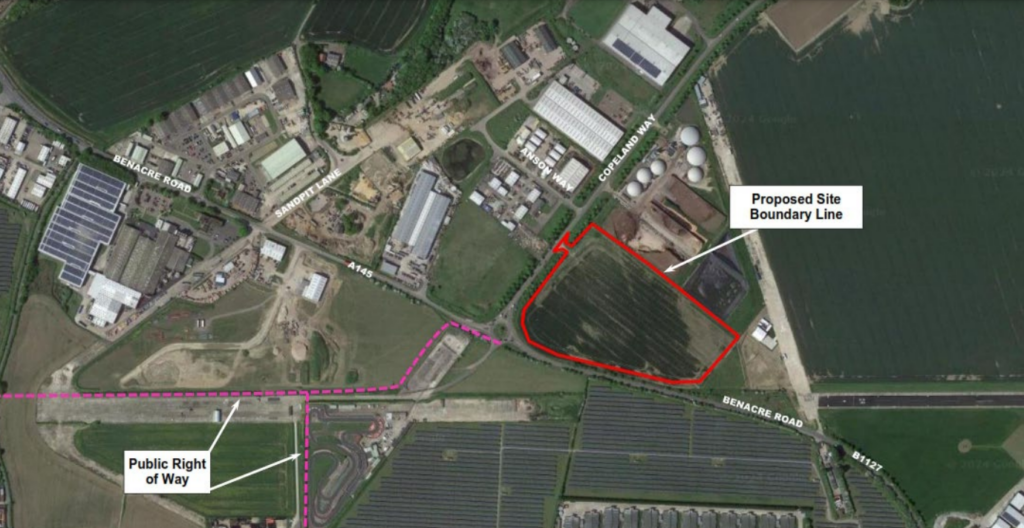But the Composting Association has told letsrecycle.com that the new system, managed by Mid-UK Recycling in Lincolnshire, falls outside the scope of its composting accreditation scheme – PAS 100.
”This PAS is for biodegradable material kept separate from non-biodegradable materials. “
– Composting Association
Mid-UK, which works with local authorities in Lincolnshire sorting dry recyclables through its MRF and composting green waste, began trials collecting and composting glass with green waste, at the end of the summer.
The trials are being carried out with North Kesteven council, which says that so far it is achieving good landfill diversion using this system.
The decision to collect and compost the two materials together was taken because the company knew glass was a significant and heavy part of the waste stream, but it had concerns that collecting glass with dry recyclables would contaminate paper.
Responding to North Kesteven's suggestion that the Mid-UK felt positive about its prospects of achieving PAS certification, the Composting Association issued a statement to letsrecycle.com.
It said: “The process for North Kesteven Council, which co-collects grass clippings and glass, is not under assessment as it is outside the scope of PAS 100.
“This PAS is for biodegradable material kept separate from non-biodegradable materials. Glass is an example of the latter,” it stated.
Sample
But Mid-UK said it would still try to achieve the PAS and has arranged with the Association that it will be submitting a sample of the compost produced from this process to the CA with the next few weeks.
Chris Mountain, director of Mid-UK, said: “Initially the process looks to be outside of the PAS 100 scope but the end product needs to be seen – you really would not know the glass is there.”
He said the mixed material from the bins is sorted manually for large, unbroken glass before being put through a process which separates materials based on weight. At the end of the process, there is only an extremely small amount of very fine glass similar to sand.
Markets
The compost will only be used in agricultural markets, and there is no risk to any animals which may graze on the land or cereals which may be grown, said Mr Mountain who trained as an agronomist.
Further backing up the decision to collect the two materials together, Mr Mountain said the system would help to balance collections throughout the year. “Lincolnshire is quite a leafy area and we collect a lot of green waste, but this tails of at the height of summer and in winter.
“And we find that at these times of the year there is an increase in glass collection because people tend to drink more at Christmas and when the weather is hot. By collecting both together it means people get maximum use from their bins and we get maximum use of collection vehicles at all times of year,” he explained.











Subscribe for free